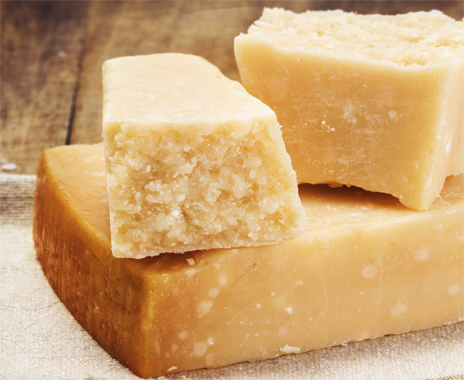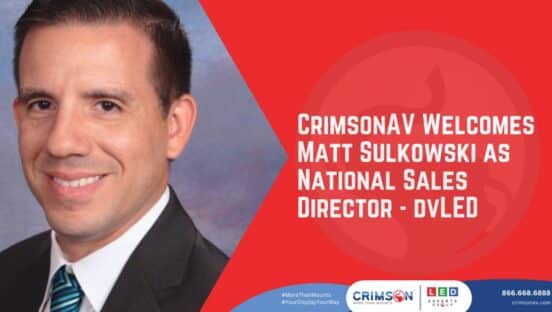The preference for premium products may be increasing among consumers, but that demand does not necessarily correlate with the quality for certain ingredients, including Italian hard cheeses.
According to Arthur Schuman Inc. (ASI), 20 percent of the 463 million pounds of Italian hard cheeses, such as Parmesan, Asiago, and Romano, are forgeries.
“This condition has been going on for decades,” says Bob Wheatley, CEO of Emergent Healthy Living, which manages communications for ASI. ASI estimates that the sale of fake cheeses is growing at 10 percent each year.
Based in Fairfield, New Jersey, ASI controls a quarter of the domestic market for Italian hard cheese, taking the lion’s share over competitors including Kraft, which only accounts 14 percent of the cheese pie.
As the industry leader, the fourth-generation, family-owned business produces its cheeses in Lake Country Dairy in Wisconsin and processes it in Elgin, Illinois, to ensure the product retains its high quality. Conversely, fraudulent—also known as adulterated—cheeses are plumped with starches and anti-caking ingredients like cellulose. While this practice violates FDA regulation, Wheatley says the agency generally focuses more on food safety breaches rather than fraud.
Italian hard cheeses account for $682 million in sales within the foodservice sector alone. Operators may be purchasing fraudulent cheeses without even realizing it.
“Part of the problem is that there are a number of operators that aren’t familiar with the procedures or rules and actually believe they’ve been buying the right product,” says Neal Schuman, CEO of ASI.
Although cheese fraud has been escalating in recent years, Wheatley says, consumers are also becoming more discerning in their food selection.
“There’s been a pervasive shift in the last five years for higher quality,” Wheatley says. An increased demand for premium, unadulterated cheese could spurn operators to pay more attention to their supply.
ASI has the ability to test all grated cheeses like Parmesan and Romano to determine the quality. And Schuman says that partnering with trusted cheese producers and suppliers can help brands ensure that they are serving the real deal.
By Nicole Duncan




